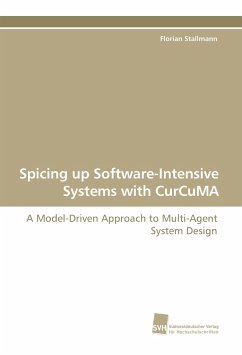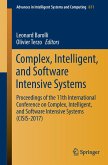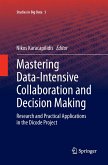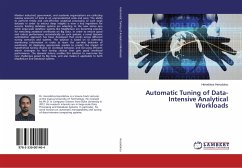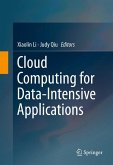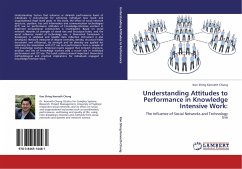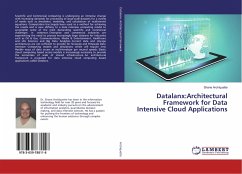The multi-agent paradigm promises an intuitive understanding of dynamic software-intensive systems capable of adapting their own behavior, while Model-Driven Engineering improves quality and efficiency. In this thesis, we fuse these concepts into a model-driven approach to multi-agent system design by combining CurCuMA, an innovative approach for designing complex coordination architectures, with a solid theoretical and technical foundation that enables formal verification and experimental validation. CurCuMA is based on dynamic agent organizations solving specific problems by adhering to a set of shared conventions, and the prominent use of the agents' environment as the frame of reference that such conventions require. For their specification, we extend the UML with a family of visual constraint languages: Story Decision Diagrams provide a first-order logic for object-oriented systems, whereas Timed Story Scenario Diagrams describe their structural evolution. We provide a formal semantics based on graph grammars, which enables the application of formal verification techniques and an iterative development process relying on code generation, simulation, and monitoring.
Bitte wählen Sie Ihr Anliegen aus.
Rechnungen
Retourenschein anfordern
Bestellstatus
Storno

